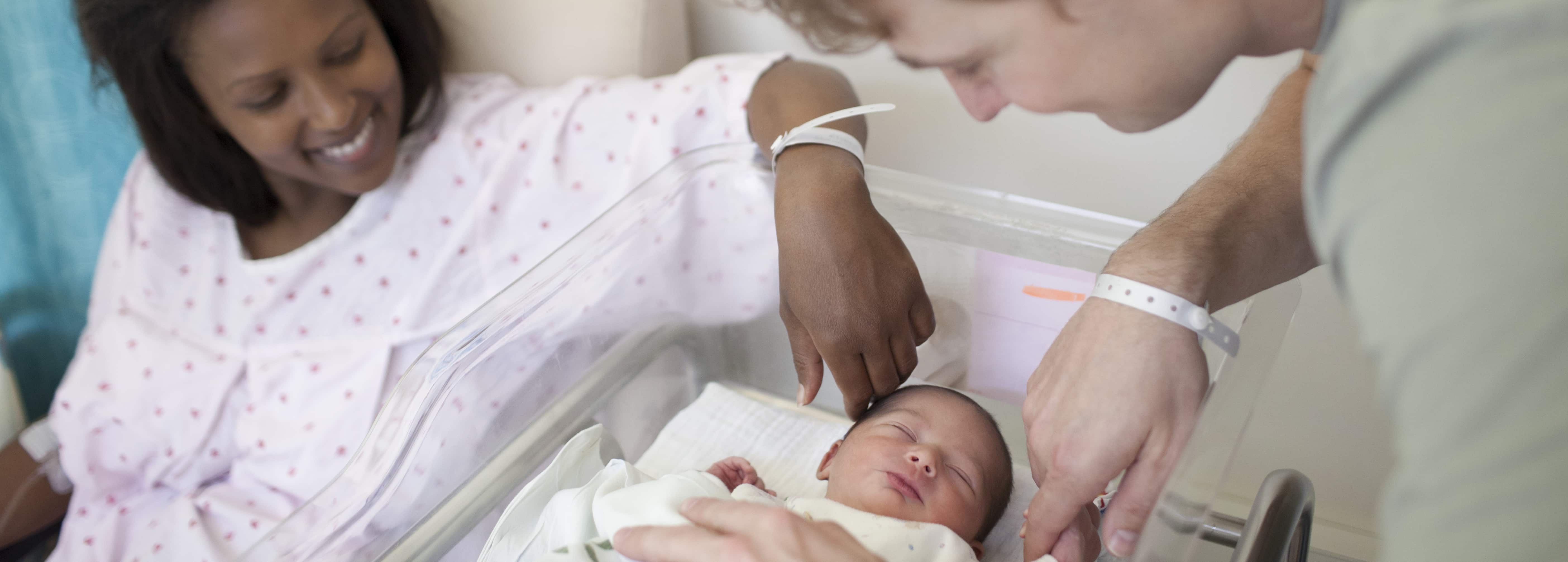- Services
- Patients & Visitors
- For Healthcare Providers
- Research
- Contact
- Pay My Bill
- Careers
- Donate
- My Health Record
- +1 (401) 227-3669

Newborn babies, especially premature infants, are more susceptible to bloodstream infection. Babies in our neonatal intensive care unit (NICU) often have immature immune systems. They are exposed to many different caregivers and may have multiple blood tests, IV lines, and other invasive procedures. This care is needed for babies to grow and thrive, but it also places them at risk for infection.
Bloodstream infection is one of the most serious complications in the NICU. Babies can become very ill and may have to stay longer in the hospital.
Our NICU team is committed to doing everything possible to prevent bloodstream infection. Many bloodstream infections happen when babies have a special tube called a “central line.” A central line is a thin tube put in a baby’s vein, usually in the neck, chest, arm, or leg. The line is often used to draw blood, give the baby fluids, give medicine, and give food so the baby gains weight and grows.
Central lines can be life-saving, but also come with risks, including infection. Our NICU team has put measures in place to prevent such infections. These include:
With these steps in place, the team has been able to decrease the number of NICU central line infections to zero for a very long time. In fact, we have experienced no central line infections in our NICU in more than a year. Not all infections can be prevented, but our NICU team continuously looks for new and better ways to prevent infection.
Hospitals across the country use the Standardized Infection Ratio (SIR) to compare central line infection rates with other hospitals. The SIR is a ratio comparing the actual number of infections at Women & Infants Hospital to the number of predicted infections based on the national benchmark, adjusting for risk factors like birthweight. Therefore:
Women & Infants’ SIR is 0.22, which means the infection rate here is better than expected when compared to other hospitals.
Copyright © 2023 Care New England Health System